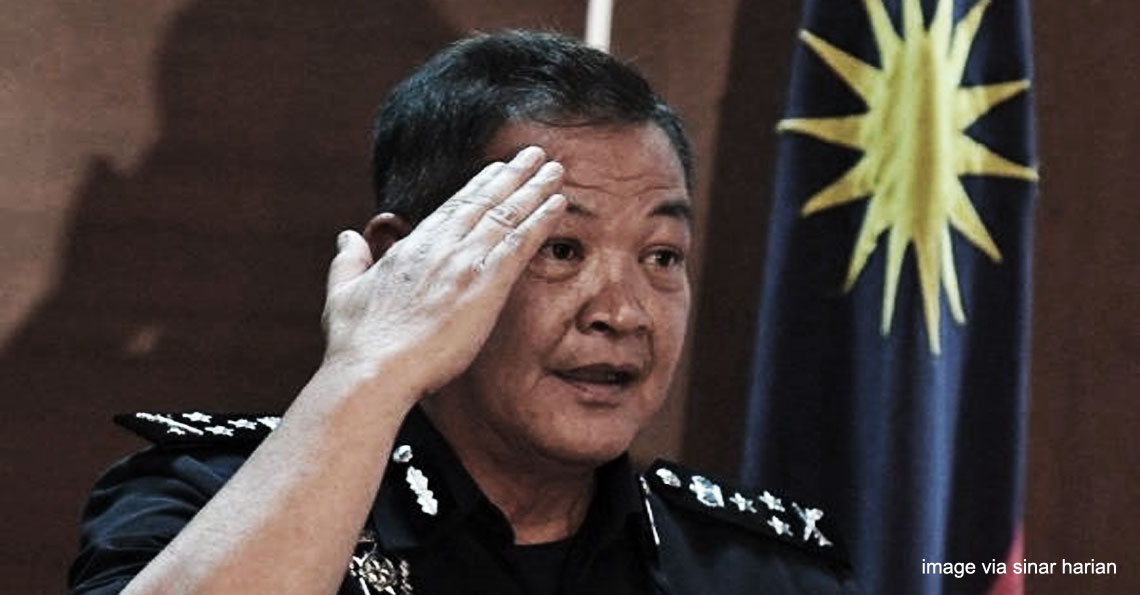Actually, what do the government do to ex-ISIS when they return to Malaysia?
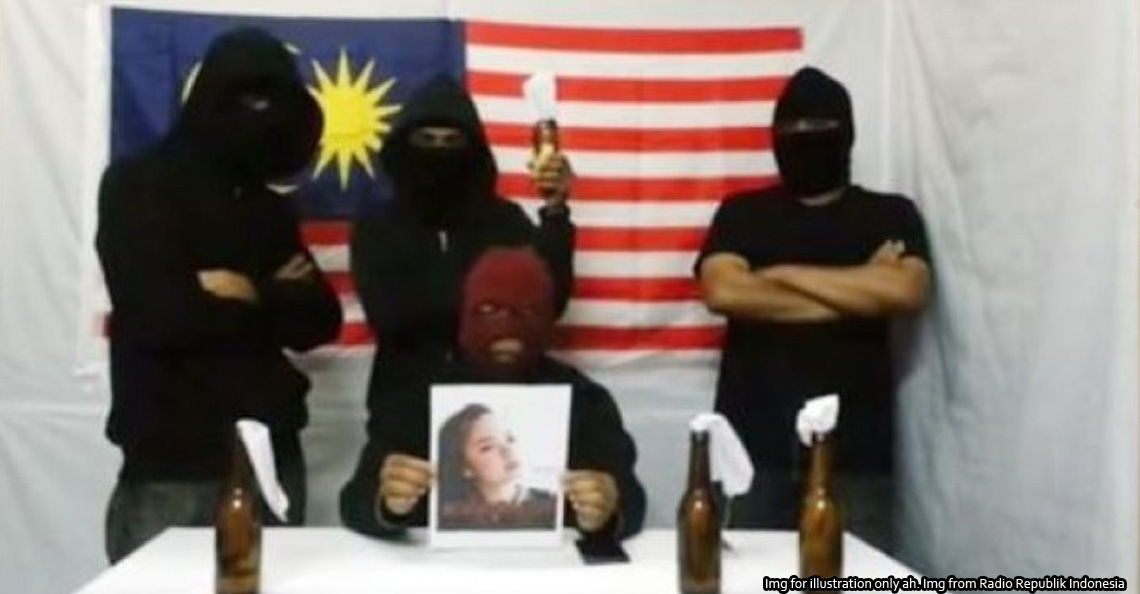
- 554Shares
- Facebook489
- Twitter9
- LinkedIn15
- Email11
- WhatsApp24
If you’ve read the news at all, when you hear the name ‘ISIS‘ being thrown around you probably won’t imagine a goddess with a freaking chair on her head, but rather terrorists wearing black costumes, beheading people, and blowing themselves up, sometimes all at once.
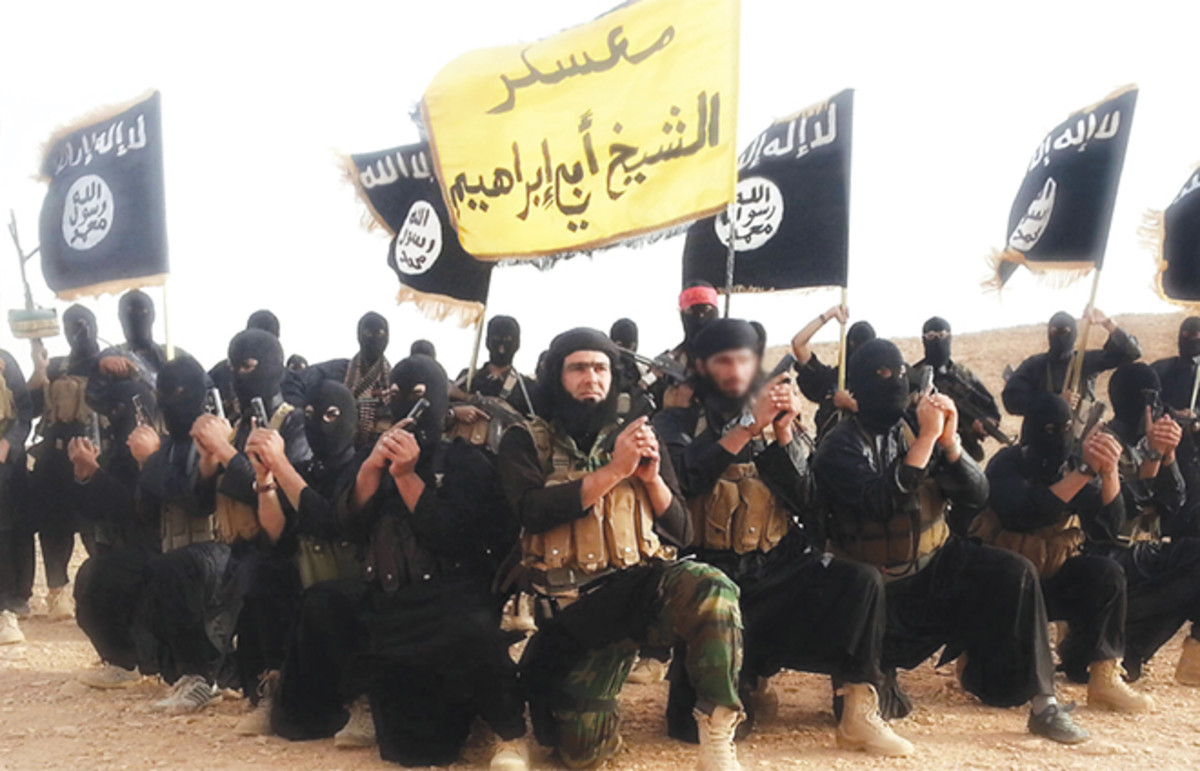
Well, maybe they have other hobbies too, but judging by what they’re called we’d say that people are generally scared of terrorists. If you’re one of those people, you might find a recent piece of news interesting. A group of 13 Malaysians associated with ISIS have been reported to want to come home, and the Malaysian government is allowing them, under some conditions.
But what happens once they come back? Do they spend the rest of their lives in prison? Will they eventually be allowed to re-integrate into society? We’ll answer this questions and more, but first…
Why do ISIS Malaysians suddenly want to balik kampung?
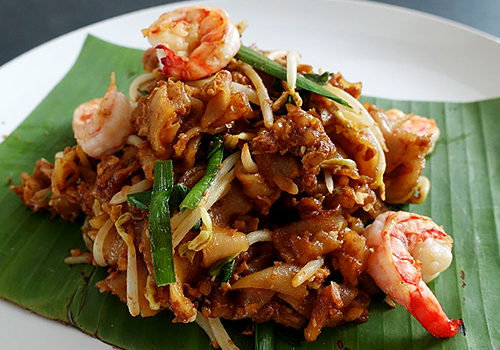
In case you need a refresher on ISIS in Malaysia, we’ve written quite a few articles about them on the past, and you can check them out through this link. But if you don’t feel like reading a bunch of separate articles, here are some basics. ISIS goes by many names: ISIL, Daesh and just IS (Islamic State), but they’re basically the same thing. They have a few goals, but like any respectable villain, they want to conquer the world, building an Islamic state based on their version of Islam.
“…the Islamic State seeks nothing less than to “expand” until its ‘blessed flag…covers all eastern and western extents of the Earth, filling the world with the truth and justice of Islam and putting an end to the falsehood and tyranny of jahiliyyah [state of ignorance], even if America and its coalition despise such.'” – Excerpt from Long War Journal‘s excerpt of Dabiq Magazine, the IS’s English magazine.
To that end, they have been capturing territory in the Middle East, and they have managed to get Muslim sympathizers in other countries across the world to either establish a faction in their home countries or head over to Syria to help them. A report quoted the Royal Malaysian Police (PDRM) said that as many as 102 Malaysians have traveled to Syria to join the IS as of last year. Another report said that 11 Malaysian families have traveled there, but six have returned over the years after experiencing the reality of what they called a holy war.
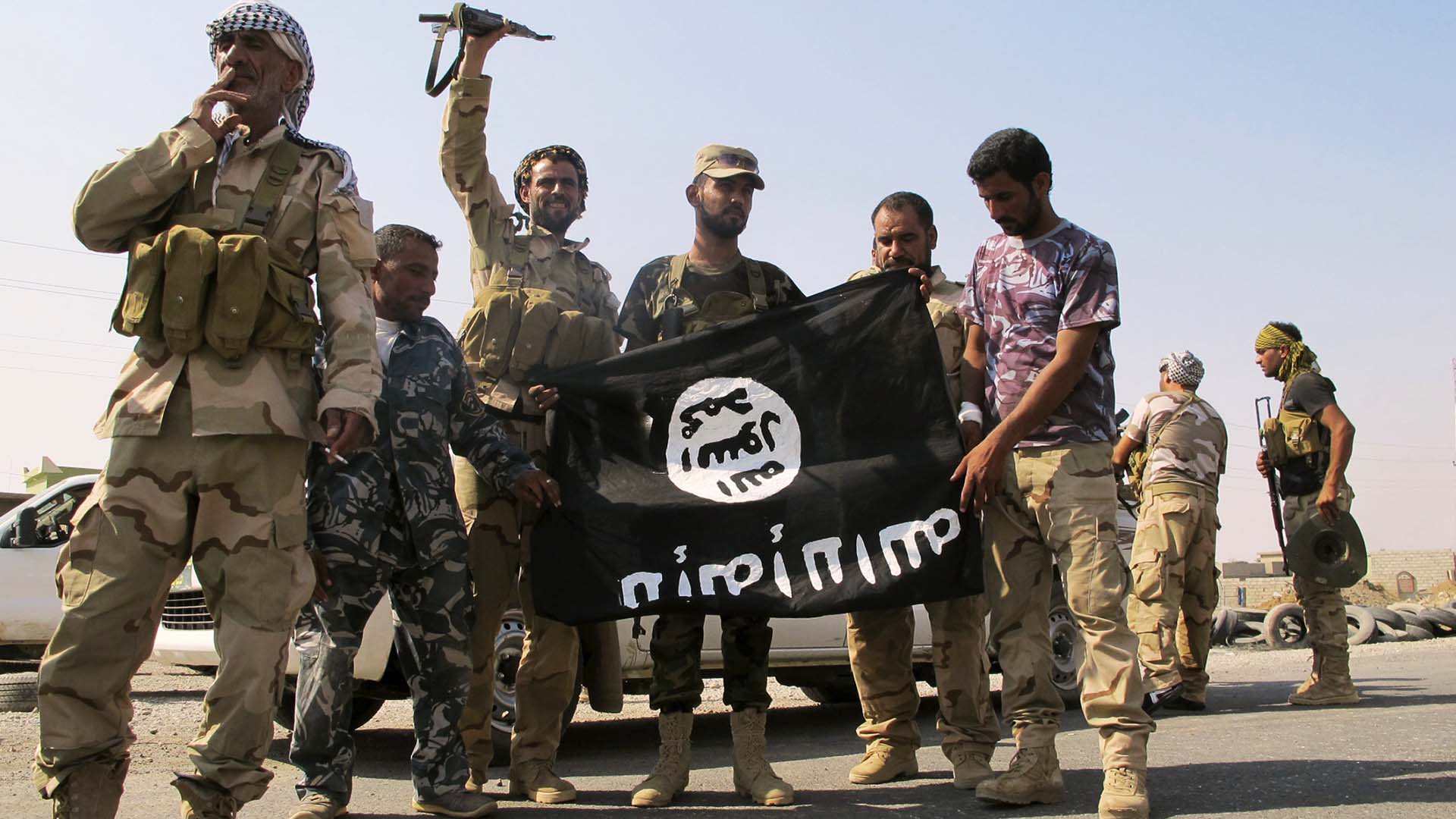
Either way, the IS in Syria had a good run, but they’re now in danger of being wiped out. Kurdish rebels, backed up by forces from the US, have been pressing the attack on IS strongholds in the Middle East, severely crippling them. Last year, it was reported that the rebels managed to round up nearly 900 IS fighters, along with some 500 women and more than 1,000 children, citizens of 44 different countries. They have since asked the home countries of these people to take them back, as they are unable to deal with all of them. But not all countries want them back.
“We have always expressed our willingness to hand over the foreign IS fighters to their governments, but unfortunately most countries try to shirk their responsibilities. The number of Indonesian and Malaysian IS fighters, women and children is not little, especially the Indonesians. Our region is unstable. Any chaos may enable IS fighters to flee,” – Abdulkarim Omar, co-chairman of the Foreign Relations Commission in North Syria, as reported by BenarNews.
Malaysian IS fighters have been concerned about the safety of both them and their families, and according to Ahmad El-Muhammady, the PDRM’s advisor regarding rehab for terrorist detainees, they have been worried since 2016, but the fear of being detained if they get back made them seek refugee with NGOs in Turkey and Syria instead. However, that have changed recently. Some Malaysian militants now want to come home, and while the police had been careful due to safety concerns, they are open to them returning.
“We hope those Malaysians still in Syria will meet us or request us to take them home. We will try to get them to return as their purpose there was misguided. We are trying to extricate them from the conflict zone, which is a critical problem that must be considered. This is our and the government’s commitment to bringing them back to their family and society. The process is highly risky apart from connectivity problems because we are using a third party to take them out,” – IGP Mohamad Fuzi Harun, as reported by BenarNews.
So what do we do with them once they return? Well, this might be surprising to some, but…
Malaysia reforms terrorists through a de-radicalization program

From the 102 Malaysians who went to Syria that we mentioned earlier, it was reported that 40 have been killed and another 51 remained there. 11, however, have returned home, and there might be more in the future. While other countries like the US, UK and Indonesia had been reluctant to take back their ISIS-affiliated citizens, Malaysia had said that it will accept returnees, as long as they comply with checks and enforcement, and complete a one-month government-run rehab program, according to Datuk Ayob Khan Mydin Pitchay, chief of federal police’s counter-terrorism division.
“Not everyone will be detained but all returnees will be interrogated. We will conduct thorough checks and investigations on each returnee. We will bring in ulama and psychologists to evaluate their ideology and psychological make-up. We will compare intelligence which we received from friendly foreign services. If there is evidence that a returnee was involved in IS militant activities, he or she will be charged in court.” – Datuk Ayob Khan, as reported by NST.
So of the 11 that have already returned, 3 of them, a woman and her two children (aged 3 and 5) have not been found guilty of terrorism as she only went to Syria due to her husband’s wish, so she was sent to rehab and was later allowed to go back to her home village, living freely under police supervision. The remaining 8 are all men, and they are either getting charged or have been convicted by court. If found guilty, they will probably have to go through the government’s de-radicalizing program.
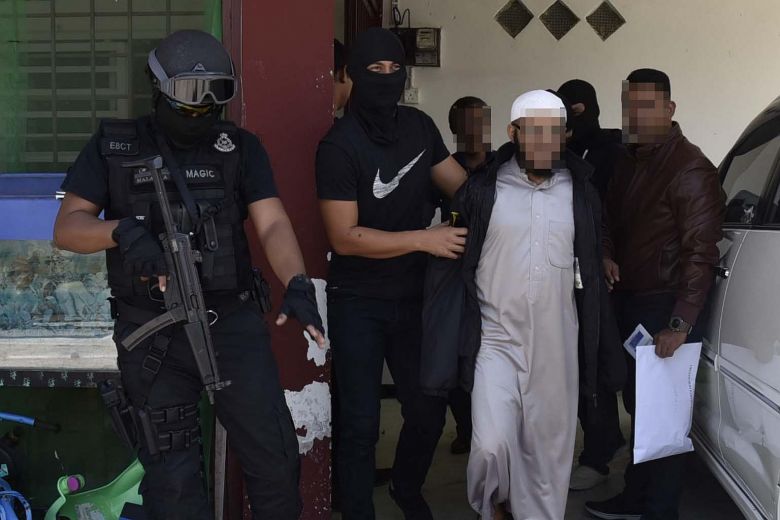
Under the Prevention of Terrorism Act (POTA), militants will be put through through two years of a de-radicalization program which eventually allows them to be re-integrated into society. The program is carried out by the Prisons Department, the Royal Malaysian Police and JAKIM, as well as the Home Ministry. There are four phases to it:
- Phase 1: months 1-6, orientation. Overseen by the Prisons Department.
- Phase 2: months 7-12, de-radicalization activities carried out by the Prisons Department, Home Ministry, JAKIM and the Police.
- Phase 3: months 13-20, personality reinforcement and self-development.
- Phase 4: months 21-24, focus on re-integrating detainees into society.
This de-radicalization program seem to be among the first of its kind used to combat terrorism, and other countries like China, Saudi Arabia and the US have reportedly shown their interest in Malaysia’s methods, helping fund two of the three detention centers in Malaysia. However, progress had been slow. As of early last year, 135 IS-linked militants (both local and foreign) were in the program, but only nine have nearly completed Phase 3, and none have reached Phase 4 yet.
However…
Is Malaysia really prepared to handle returning terrorists?
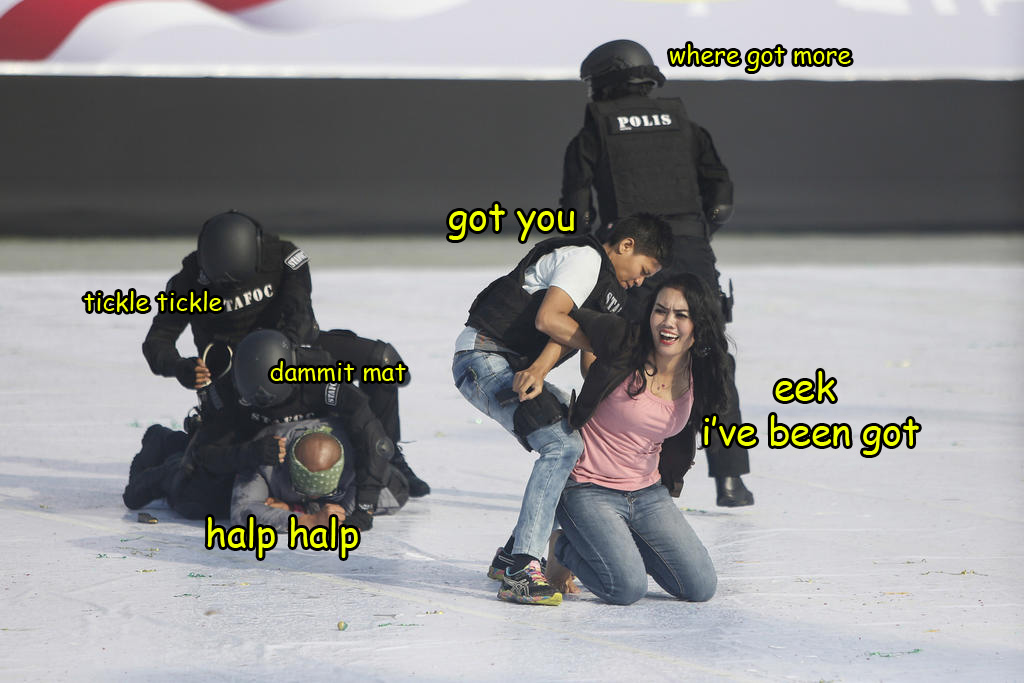
While we do have a de-radicalization program for ex-militants, Datuk Ayob had said that even two years may not be enough to really reform these people.
“In my opinion, the POTA program is too short and requires very strong evidence to allow those involved in militancy to be detained for a period of two years. But if there is no evidence, the longest a suspect can be detained is only for a month and has to be released.” – Datuk Ayob Khan, to BenarNews.
According to Ahmad Fauzi Abdul Halim, a political science professor from USM, it’s not so simple to de-radicalize someone who at one point had planned to give up their life for a jihadist cause, and with the ‘toxic ethno-religious policies’ in Malaysia, the authorities must exercise caution. He suggests a continuous de-radicalization course and regular check-ins at police stations or perhaps an ankle bracelet system to monitor their their movements.
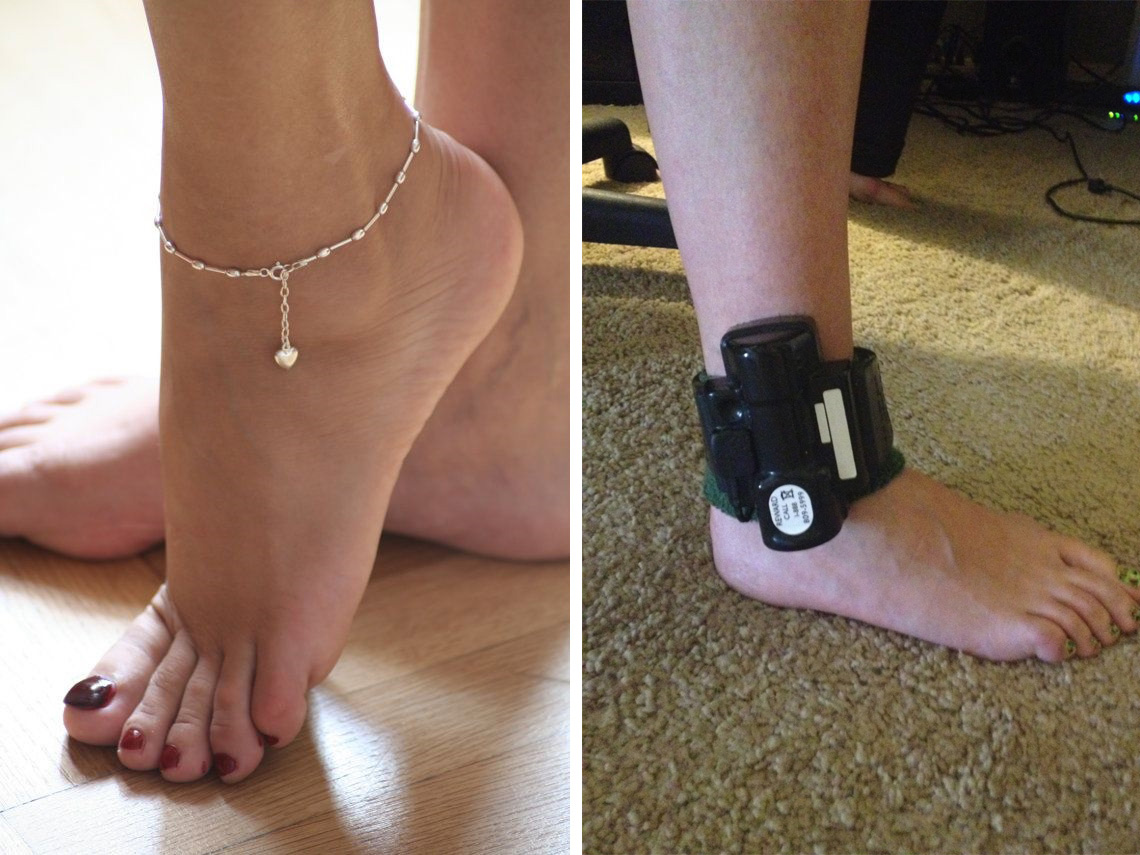
Others, like Datuk Ahmad Farouk Musa, Islamic Resistance Front’s founder and director, had said that ex-ISIS militants are different from the terrorist in the Christchurch incident, as the latter performed an act of terrorism against combatants, while the former performed an act of war against combatants. He believes that allowing them to return would be the most compassionate thing we can do.
“They have witnessed with their very eyes the brutality of war and the sufferings of the people which would be more than enough for them to understand and realise that the grass is not always greener on the other side of the fence.”- Datuk Ahmad Farouk, as reported by Malay Mail.
Regardless of all that, with the announcement that we will be accepting ex-IS militants, some had expressed their doubts about our ability to handle terrorism. However, Malaysia actually has a pretty decent track record when it comes to counter-terrorism, due to its hybrid strategy that attacks terrorists from two different angles: strengthening legislation and enforcement to handle the visible threats, and de-radicalization initiatives that challenge the extreme ideology of terrorists. So will a few more ex-terrorists make a difference? We should hope not.
- 554Shares
- Facebook489
- Twitter9
- LinkedIn15
- Email11
- WhatsApp24


